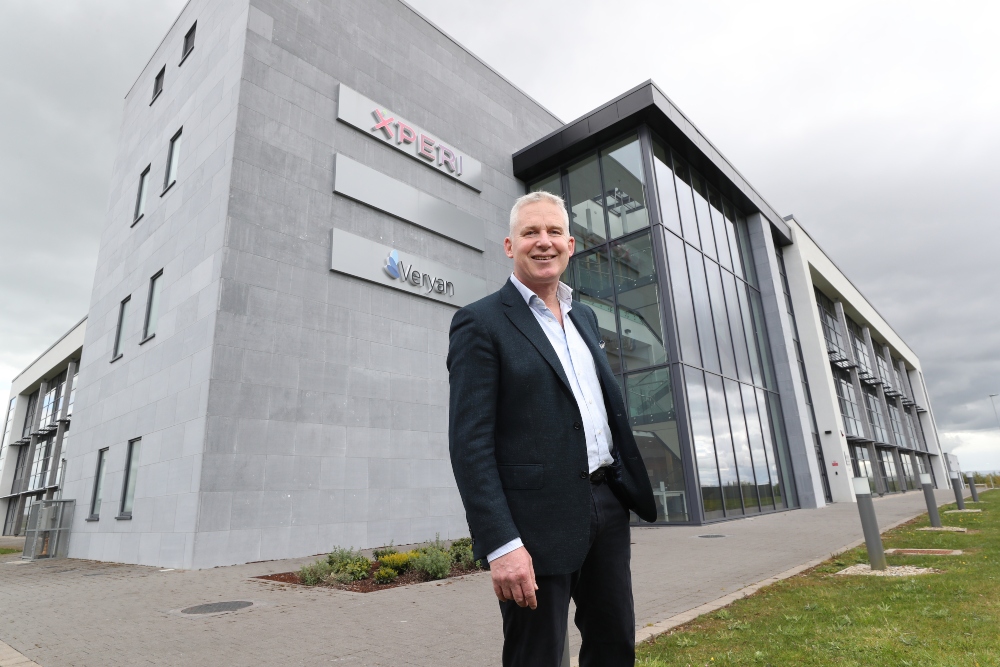Ireland is a favoured location for corporate headquarters and global business.
Ireland remains one of Europe’s top 10 locations for FDI with a market share of 3% of all FDI among European countries, after it’s reported to have attracted 152 new FDI investment projects in 2021.
That’s according to the latest EY European Attractiveness Survey 2022. The table was led by London followed by Paris and Frankfurt.
“In terms of industry, Ireland’s FDI projects are dominated by the services sector with software and IT leading the way, followed by business and professional services, and finance”
Dublin was chosen by 17% of respondents as most attractive European city for foreign investors over the next three years, three times higher than last year, placing the capital 4th on the league table of the most attractive European cities.
The report finds that foreign investment in Europe in 2021 showed a modest recovery of 5% compared to 2020, a year in which COVID-19 caused investment levels to drop by 13%. The recovery in 2021 was also mixed, with relatively stronger performance in some southern European countries.
Investment levels in Europe are still 12% below the record high of 2017, and the recovery is slower than after the global financial crisis, when investment levels returned to pre-crisis levels after only one year. France led the way in 2021 with 1,222 projects, up strongly by 24%. Investment in the UK remained steady, increasing by 2% to 993 projects. In stark contrast, the number of projects in Germany fell 10% to 841.
Turbulent global picture
With growing global complexity and turbulence, EY’s report aims to examine if this backdrop has changed how businesses make decisions about where facilities are located and if Europe is still competitive. Although businesses are more cautious in their investment outlook due to the war in Ukraine, they are still positive on the long-term prospects for investment in Europe.
EY’s analysis demonstrates that the number of FDI projects in Ireland fell by 8% in 2021 as a result of the overall fall in US investment projects to Europe and a reduction in software and IT services investments during 2021. The survey found that investor sentiment towards Ireland remains very positive, with a strong majority believing Ireland’s attractiveness will either improve or remain the same over next three years.
Ireland’s positive reputation is also reflected in investment intentions, with 43% of respondents planning to establish or expand operations in Ireland in the next year. The US accounted for 59% of Ireland’s FDI projects during 2021, while the UK remains a significant source of Irish FDI and accounted for 19%.
Based on the survey results, policy-makers should focus on work force skills, housing, and global connectivity to address the concerns of global investors. During a period of increased supply chain disruption and a trend towards near-shoring and reshoring, global connectivity has never been more important.
Ireland is viewed exceptionally positively by global investors on sustainability. 88% of those surveyed said Ireland performs as well as, or better than, the European average for the presence of workforce and skills to facilitate sustainability projects, which provides a strong reputational base from which to attract future investment.
“In terms of industry, Ireland’s FDI projects are dominated by the services sector with software and IT leading the way, followed by business and professional services, and finance,” Feargal de Freine, Assurance Partner and Head of FDI, EY Ireland explained.
“There was a strong performance recorded in Ireland, despite global disruptions. After a sharp decline in 2020, Ireland’s projects in business and professional services grew by 13%, outperforming Europe where sector projects fell by 16% in 2021. Importantly, the high-value life sciences sector (pharmaceuticals and medical devices) also saw in increase in projects in 2021.
“The future is digital. Businesses have made huge investments in technology since the onset of the pandemic to facilitate remote working, automation and e-commerce. The increased digitalisation of services and industry explains why the level of technology adoption by consumers, citizens and administrations is now the most important factor that determines where businesses invest across Europe.”




